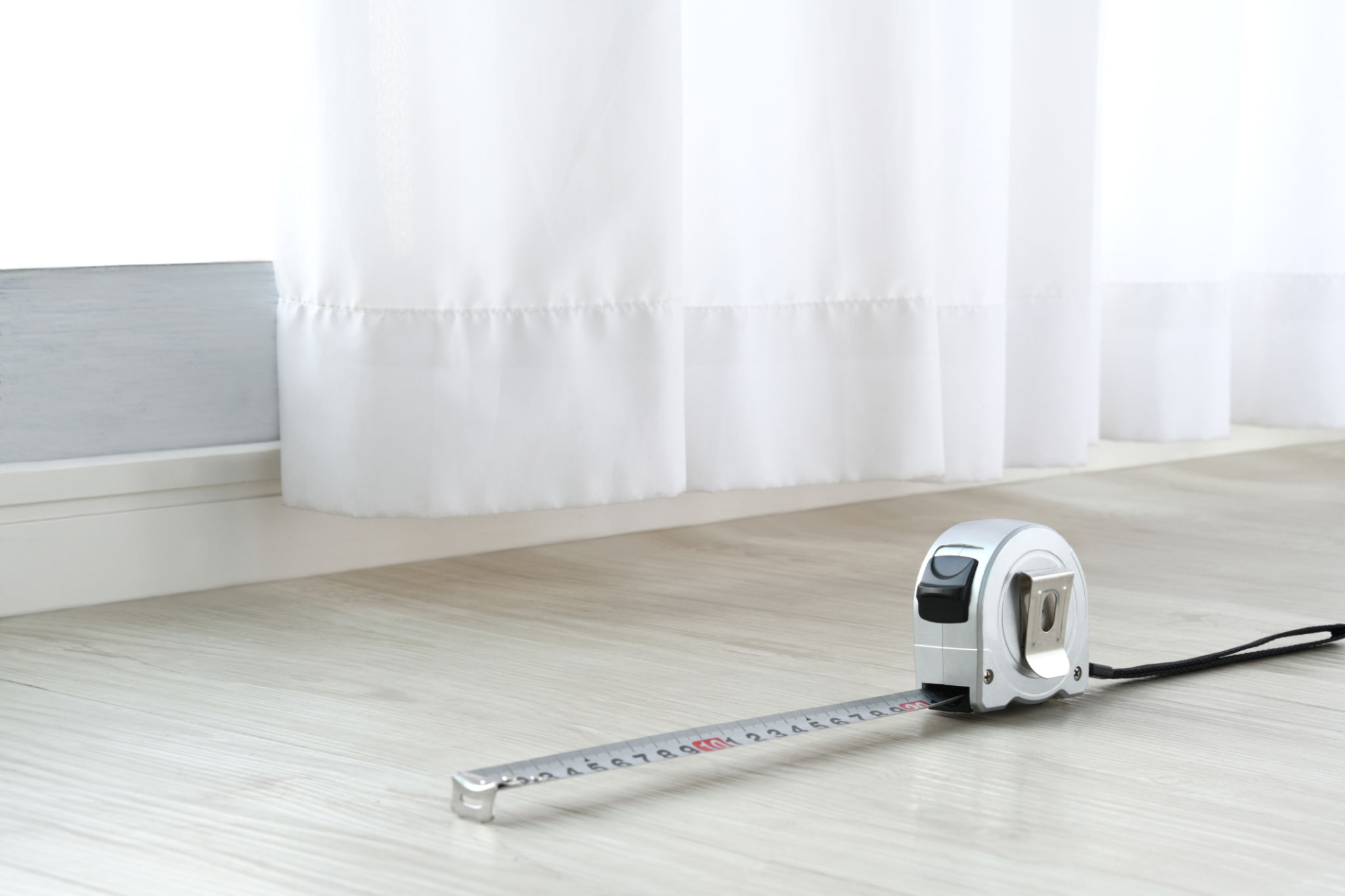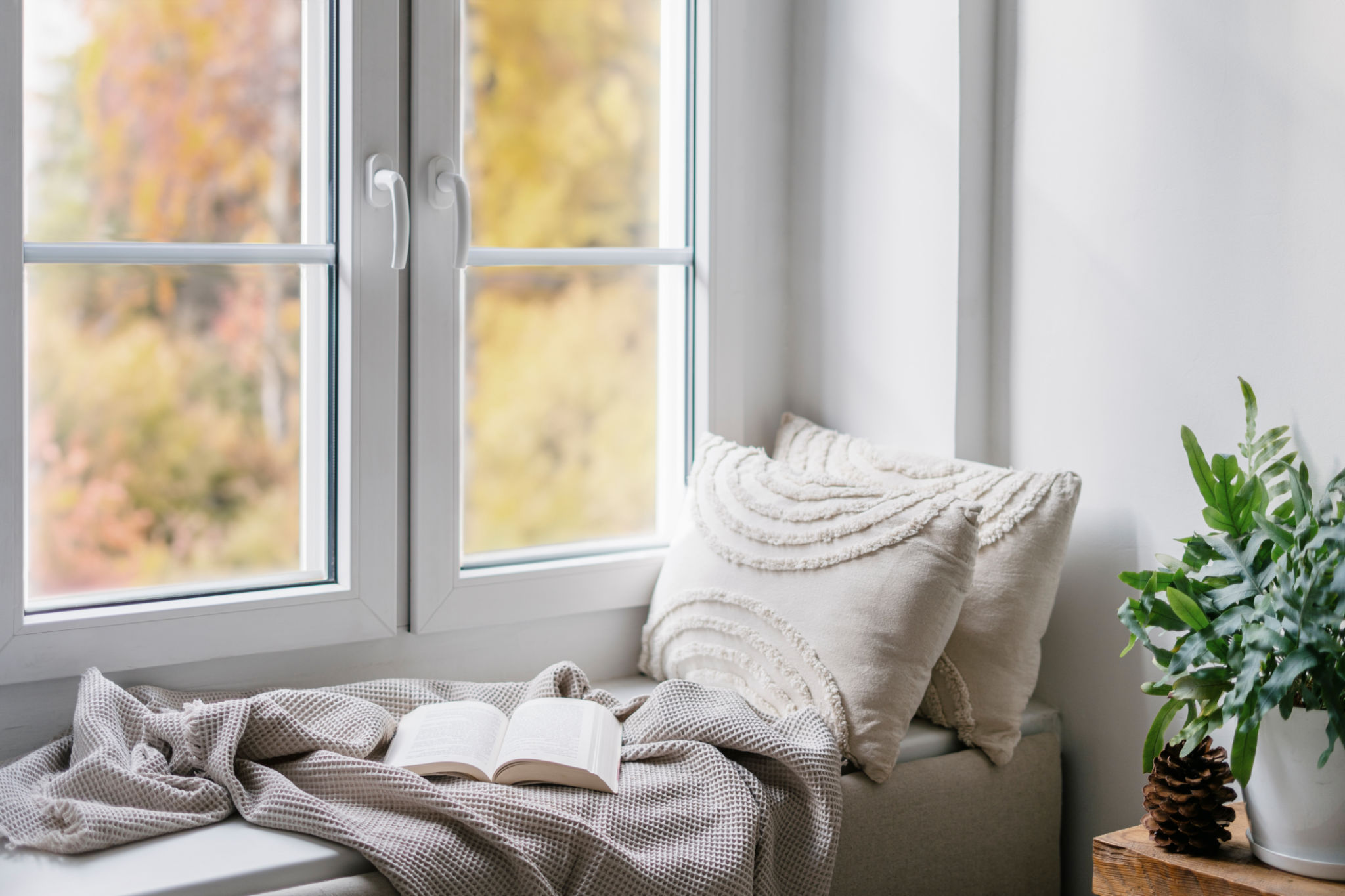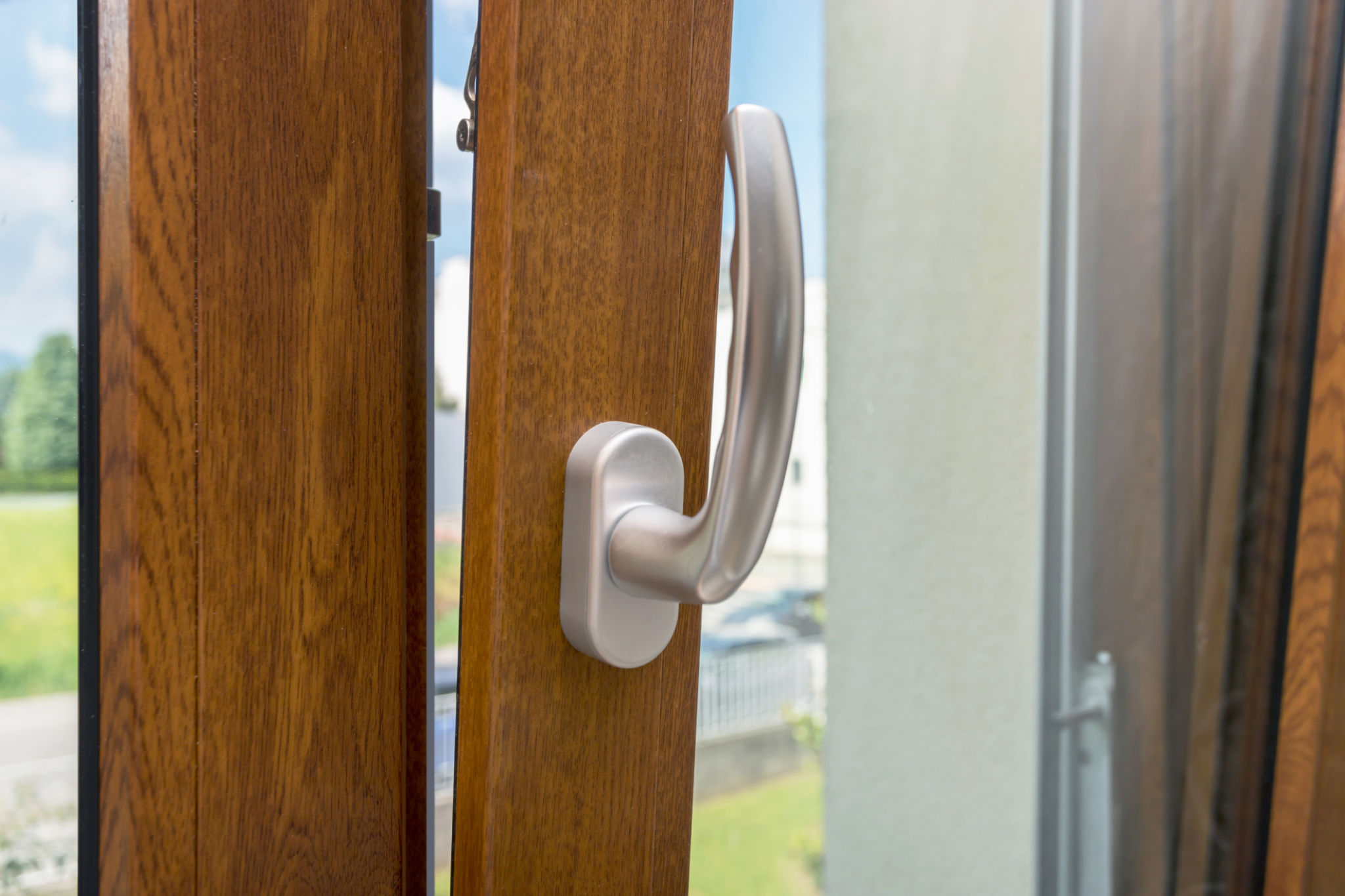Comparing Window Materials: Vinyl, Wood, and Aluminum
JD
Introduction to Window Materials
Choosing the right window material is crucial for both aesthetic appeal and energy efficiency. With several options available, it can be challenging to decide which material best suits your needs. In this post, we'll compare three popular window materials: vinyl, wood, and aluminum, highlighting their benefits and drawbacks to help you make an informed decision.

Vinyl Windows
Advantages of Vinyl
Vinyl windows are known for their affordability and low maintenance. They are made from polyvinyl chloride (PVC), which makes them resistant to moisture and humidity. This material does not require painting or sealing, making it a convenient option for homeowners looking for a durable and cost-effective solution.
Drawbacks of Vinyl
Although vinyl windows are highly durable, they may not offer the same aesthetic appeal as wood windows. Additionally, color options can be limited, and they might not be suitable for historic or traditional homes. Over time, extreme temperatures can also cause vinyl to expand and contract, potentially affecting the window's seal.

Wood Windows
Benefits of Wood
Wood windows are prized for their natural beauty and versatility. They offer excellent insulation and are highly customizable, with options to paint or stain in various colors to match any home design. Wood windows can enhance the charm and character of older or more traditional homes.
Challenges of Wood
Despite their aesthetic advantages, wood windows require regular maintenance to prevent rot, warping, and insect damage. They can be more expensive than other materials and may require repainting or restaining periodically to maintain their appearance and durability.

Aluminum Windows
Strengths of Aluminum
Aluminum windows are known for their strength and durability. They provide a sleek, modern look that pairs well with contemporary architecture. Aluminum is also lightweight yet strong, making it ideal for larger window installations where structural integrity is important.
Limitations of Aluminum
The main drawback of aluminum windows is their poor insulation properties compared to vinyl and wood. They can conduct heat easily, which may lead to higher energy costs if not properly insulated. Additionally, aluminum is susceptible to corrosion in coastal areas unless treated with a protective coating.

Conclusion
When choosing a window material, consider factors such as cost, aesthetic appeal, maintenance requirements, and energy efficiency. Vinyl offers affordability and low maintenance, wood provides unmatched beauty and insulation, while aluminum delivers strength and a modern look. Evaluate your home's architectural style, climate, and personal preferences to select the best material for your windows.
Ultimately, the right choice will enhance your home's comfort, energy efficiency, and curb appeal for years to come.
